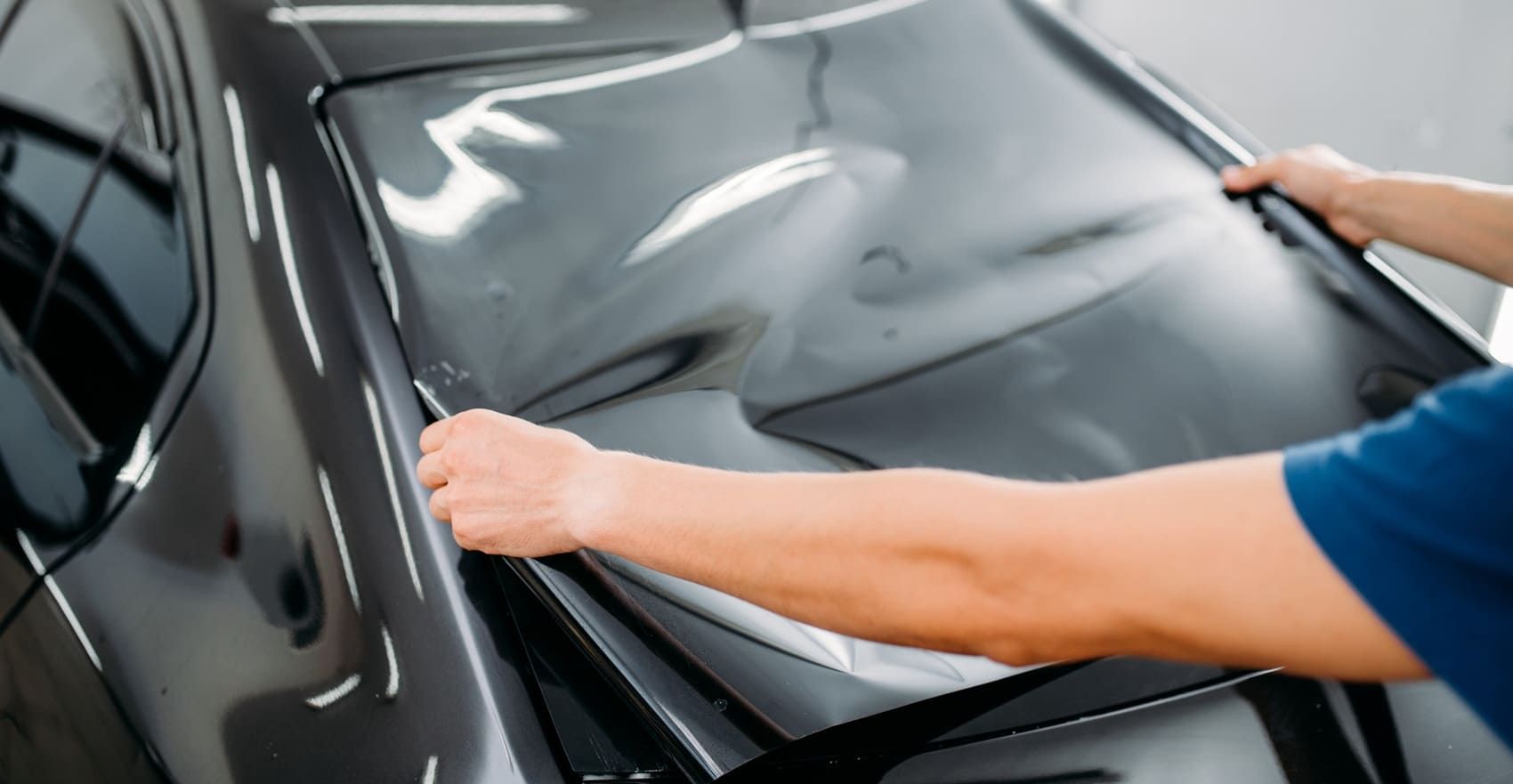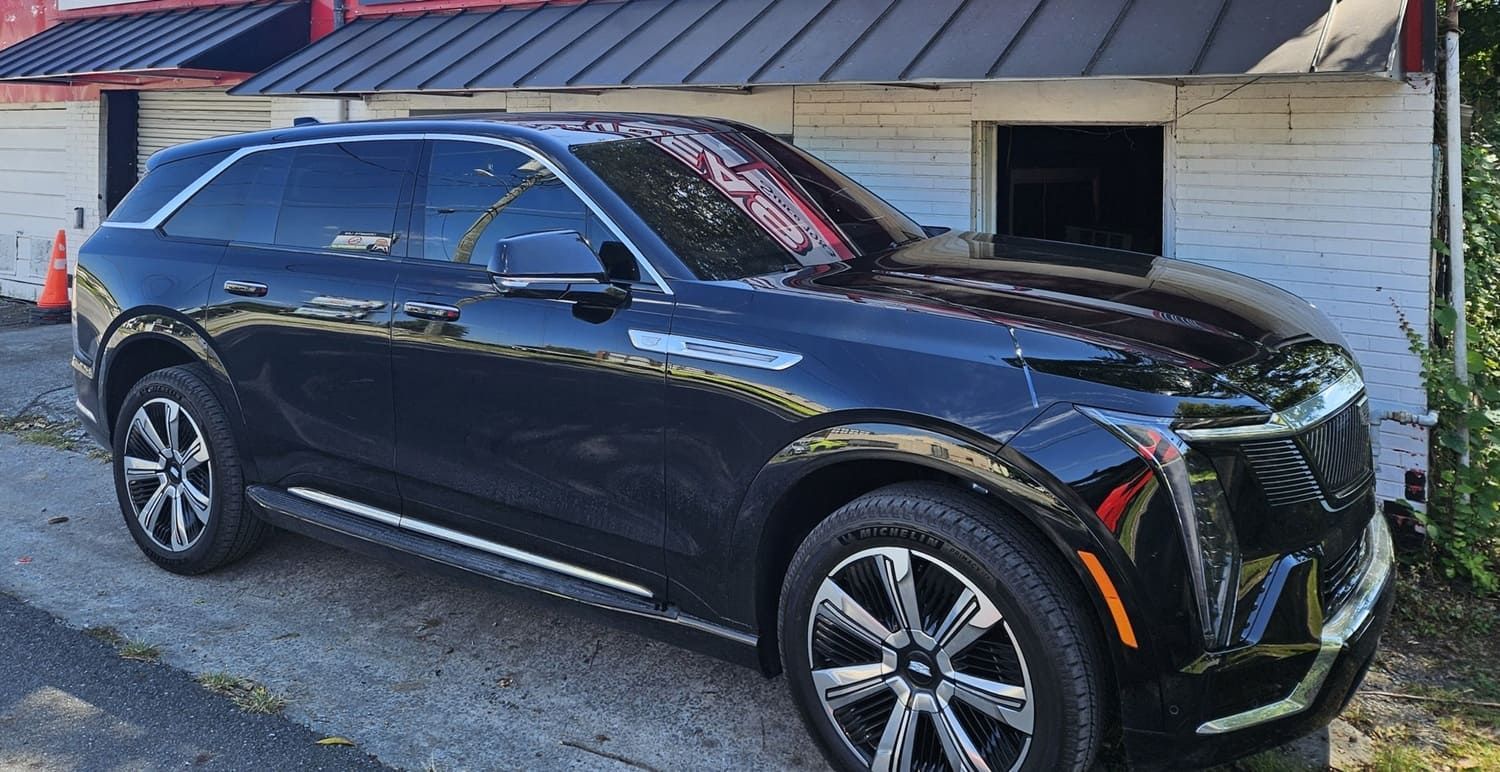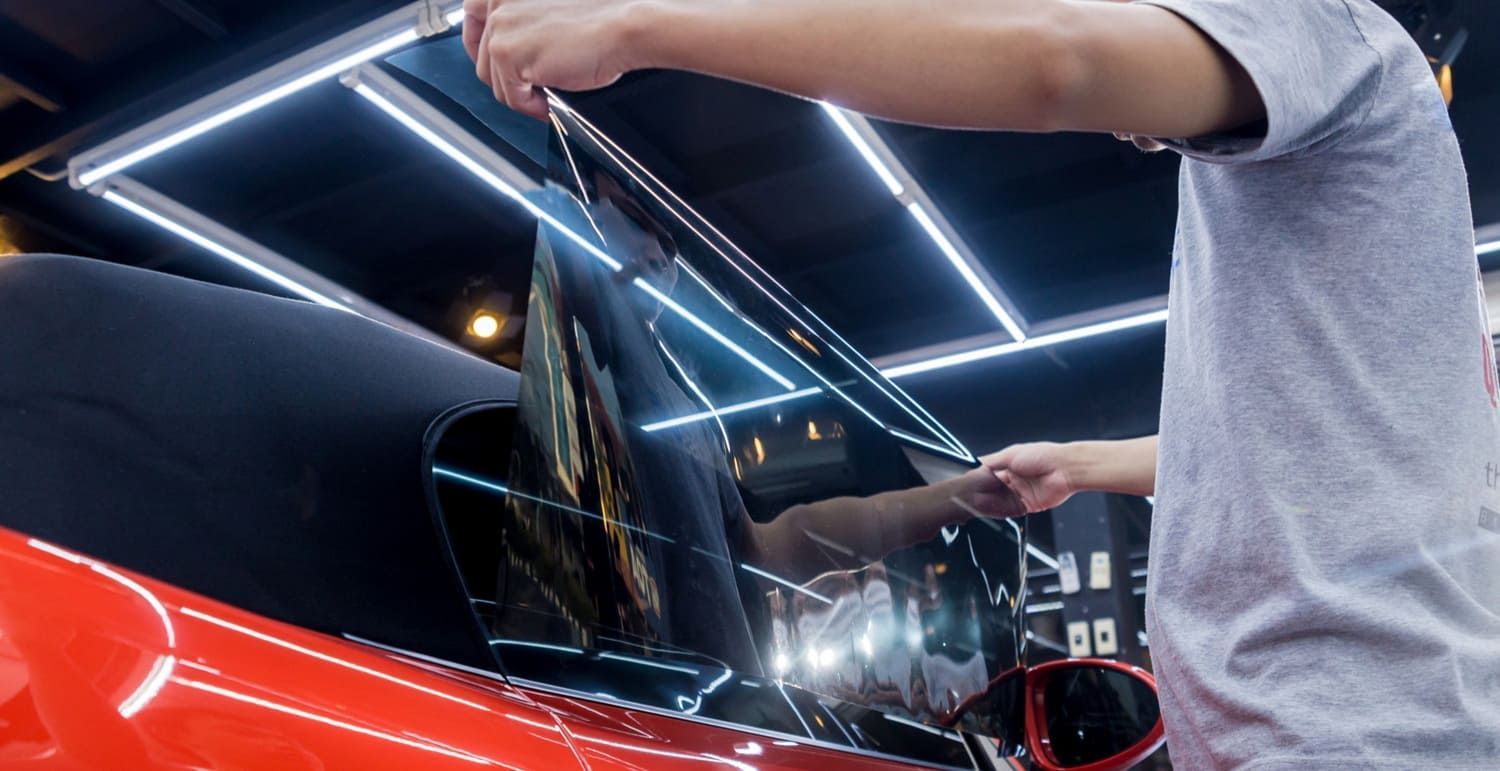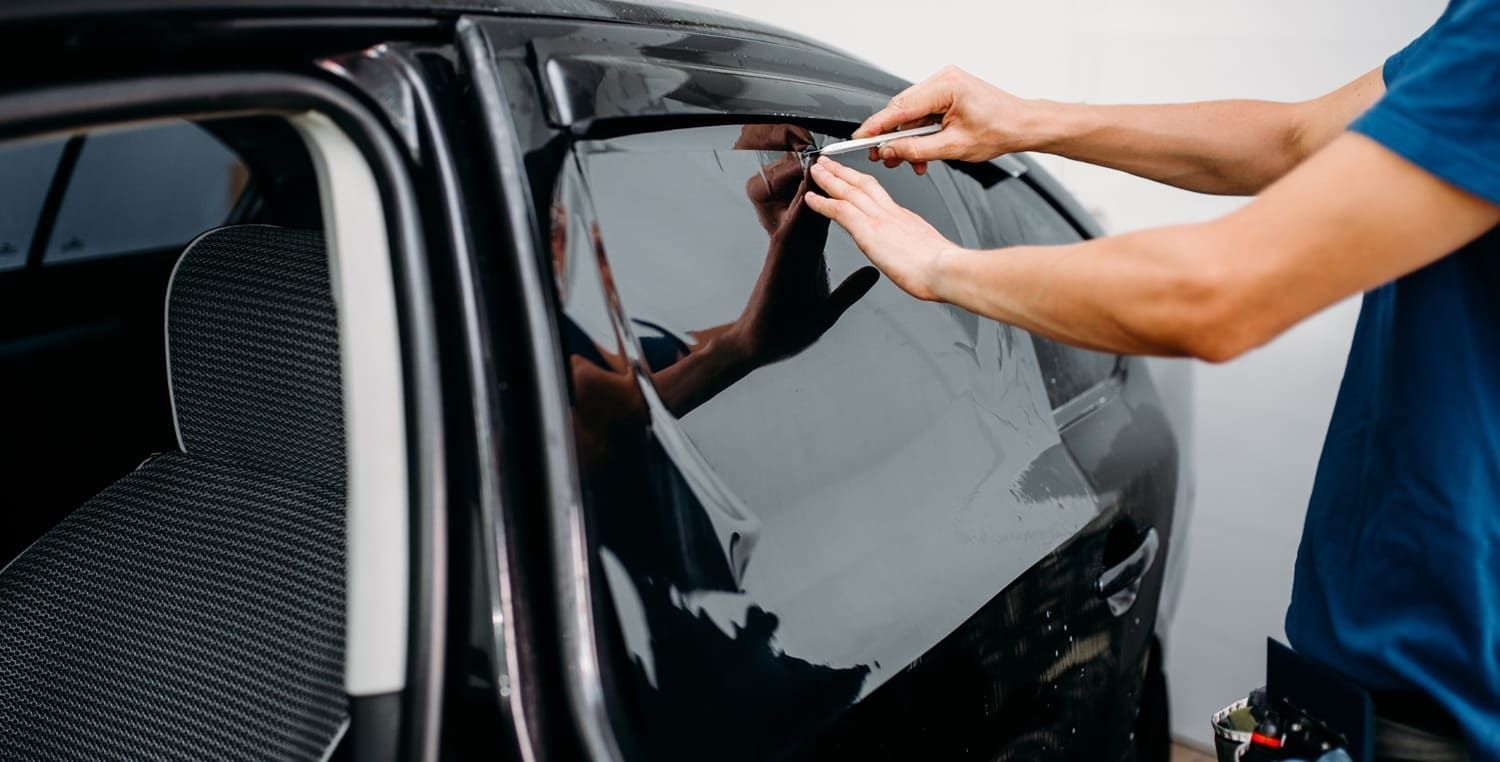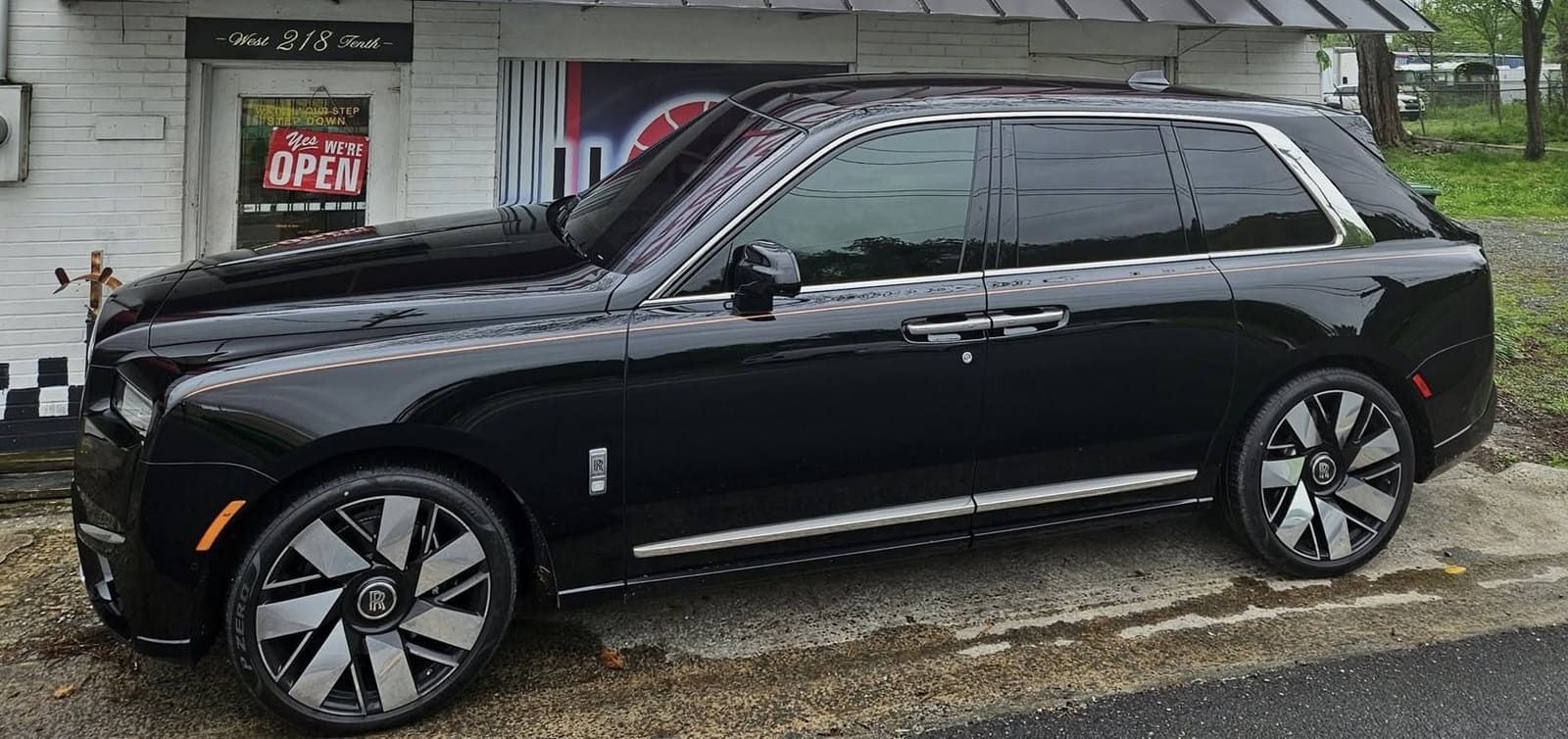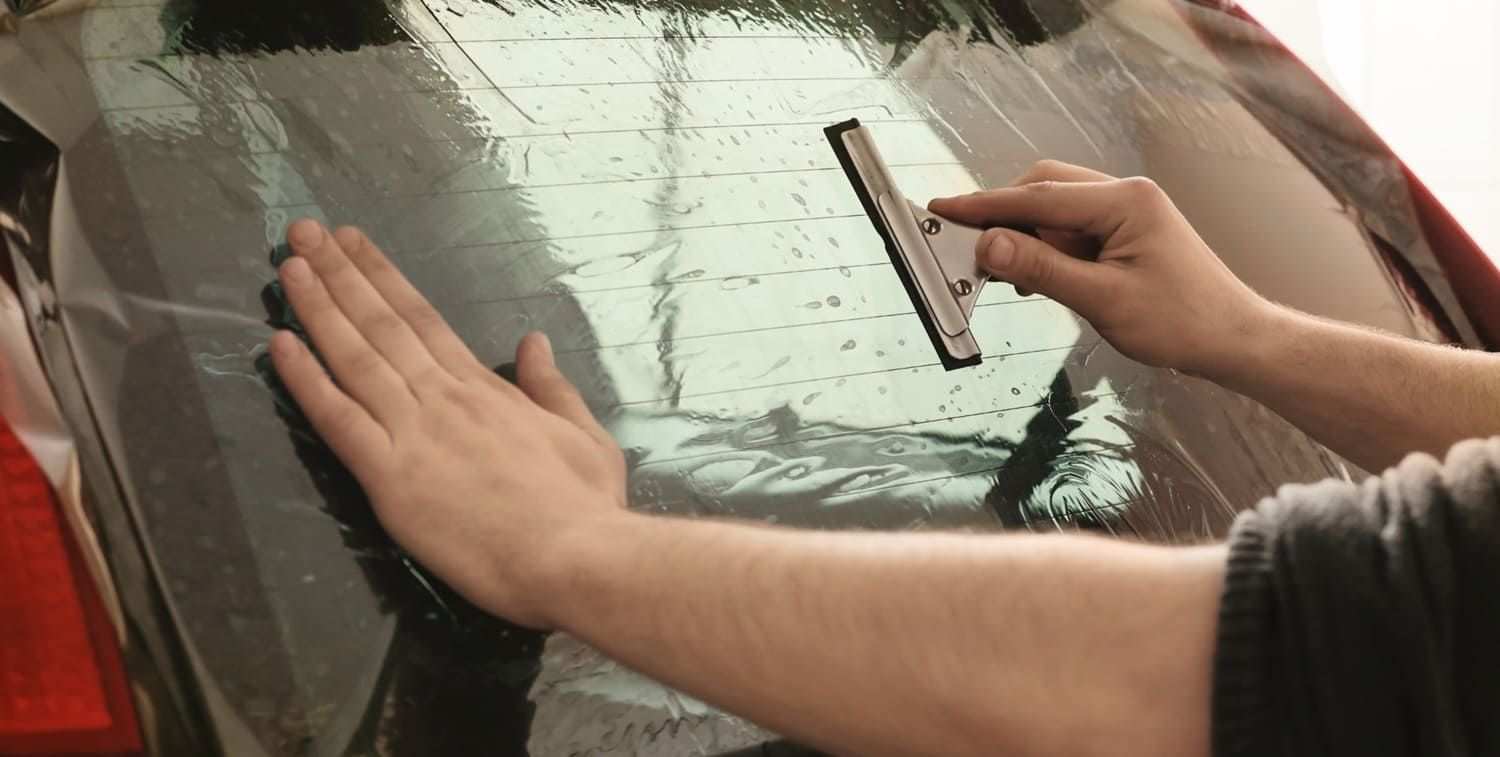Will Tinted Windows Pass Inspection in Your State?
Tinted windows can be a stylish addition to your vehicle, providing privacy and protection from the sun's harmful rays. However, before you decide to tint your windows, it's crucial to understand the regulations in your state. Failing to comply with these laws could result in fines or failing vehicle inspections. In this article, we'll explore the guidelines for tinted windows, focusing on inspection requirements across different states. Understanding these regulations can save you time and money, ensuring your vehicle remains street-legal while enjoying the benefits of window tinting.

Understanding Tinted Windows and Their Benefits
Tinted windows are not just about aesthetics. They offer a range of benefits, including:
- UV Protection: Quality window tints can block up to 99% of harmful ultraviolet rays, protecting your skin and the car's interior. This protection extends the life of your vehicle's upholstery and dashboard, preventing them from fading and cracking over time. Moreover, by reducing UV exposure, tints can help prevent skin cancer and other skin-related health issues, offering a significant health advantage.
- Heat Reduction: Tints can significantly reduce the heat inside your car, making it more comfortable during hot days. This reduction in heat can also decrease the reliance on air conditioning, leading to improved fuel efficiency and reduced emissions. Additionally, maintaining a cooler interior environment can enhance passenger comfort and reduce driver fatigue, especially on long journeys.
- Glare Reduction: Tinted windows can reduce glare from the sun and headlights, improving visibility and driving safety. By minimizing glare, tints can help drivers maintain better focus on the road, reducing the risk of accidents. This safety feature is particularly beneficial during dawn, dusk, and night driving, where glare from oncoming headlights can be most problematic.
- Privacy and Security: Tints offer increased privacy, making it harder for potential thieves to see valuables inside your car. The added privacy not only protects your belongings but also provides a sense of security for passengers. This feature can be particularly beneficial in urban areas or during travel, where the risk of theft might be higher.
Despite these benefits, it's essential to ensure your tint complies with state regulations to avoid penalties. Understanding the specific laws in your area will help you make informed decisions about the type and degree of tint that is both beneficial and legal.
General Window Tint Laws
While tinted window laws vary from state to state, there are some commonalities:
Visible Light Transmission (VLT)
The Visible Light Transmission (VLT) percentage indicates how much light a window tint film allows to pass through. For example, a 70% VLT tint lets 70% of light through, while a 30% VLT tint only allows 30% of light in. Most states have specific VLT requirements for different windows on a vehicle. Understanding the VLT percentage is crucial because it affects visibility and compliance with state laws. Lower VLT percentages mean darker tints, which may not be permitted on all windows, particularly the front ones.
Reflective Tints
Some states have regulations concerning reflective tints, which can reflect light to reduce glare and heat. However, overly reflective tints might be restricted to prevent dangerous reflections that could impair other drivers' vision. Reflective tints are often measured by the amount of light they reflect, and exceeding the legal limit can result in fines. It's important to consider both the aesthetic and functional aspects of reflective tints to ensure they meet legal standards while providing the desired benefits.
Medical Exemptions
Certain states allow medical exemptions for window tints if you have a medical condition that requires protection from sunlight. To qualify, you'll need documentation from a medical professional. These exemptions can provide significant relief for individuals with conditions like lupus or photosensitivity, allowing them to safely travel without risking their health. However, obtaining an exemption requires a thorough understanding of the state's application process and maintaining up-to-date documentation to present during inspections or traffic stops.
State-Specific Tinting Guidelines
California
In California, the law requires that the front side windows must allow more than 70% of light in. The back side and rear windows can have any darkness. However, reflective tint is not allowed on the front and back side windows. California's stringent laws aim to balance driver comfort with road safety, ensuring that visibility is not compromised. Drivers should also be aware that failing to comply with these regulations can result in fines and a mandate to remove non-compliant tints.
Texas
Texas law specifies that the front side windows must have at least 25% VLT. The back side and rear windows can be any darkness, but the reflectiveness of the tint is limited to 25%. This flexibility in tint darkness allows for customization while maintaining safety standards. However, drivers should be cautious of the reflectiveness limit, as exceeding it can result in penalties and the need to replace the tint with a compliant option.
Florida
Florida requires the front side windows to have a minimum of 28% VLT, while the back side and rear windows must allow over 15% of light in. The state also restricts reflective tints to 25% on front side windows and 35% on back side and rear windows. These specific percentages are designed to ensure adequate visibility while accommodating the state's sunny climate. Drivers should regularly check their tints for compliance, especially if modifications or replacements have been made.
Georgia
Georgia car tint laws dictate that front side windows must have a VLT of at least 32%. The same applies to the back side and rear windows. Reflective tint is limited to 20% on these windows. Georgia's consistent VLT requirement across all windows simplifies compliance but requires attention to detail to ensure all tints meet the standard. Reflective tint users must be particularly cautious, as exceeding the 20% limit can lead to failed inspections and fines.
New York
In New York, the front side windows must allow more than 70% of light in, similar to California. The back side and rear windows can be any darkness, but reflective tint is not allowed. New York's regulations prioritize visibility and safety, emphasizing the need for clear front windows. Drivers should regularly inspect their tints to ensure they remain within legal limits, as non-compliance can lead to penalties and mandatory removal.
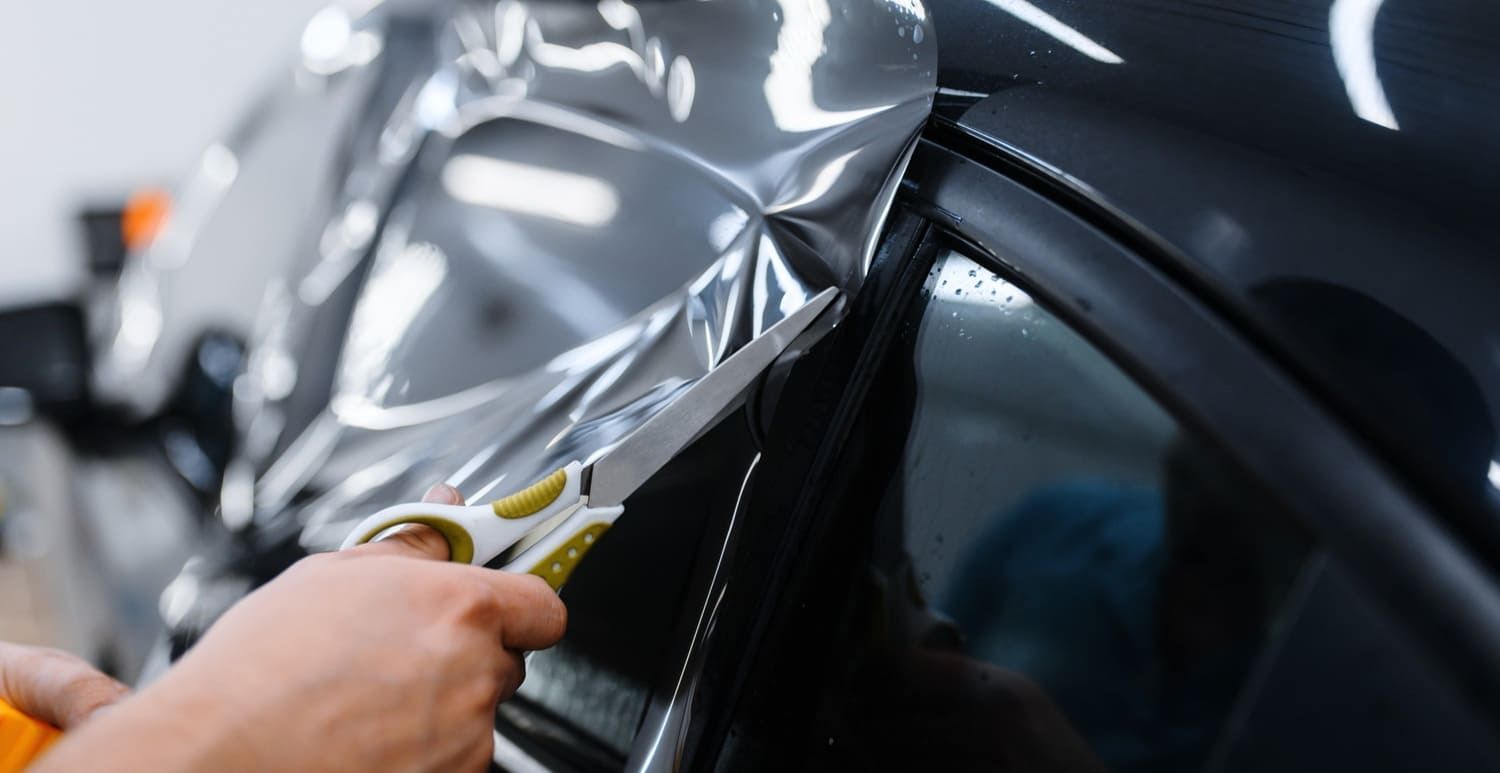
Inspection Considerations
When it's time for your vehicle inspection, here are some key points to consider:
Compliance with VLT Requirements
Ensure your tint meets your state's VLT requirements before inspection. Some inspection stations have devices that measure the VLT of your windows. These devices provide an accurate reading of your tint's compliance, preventing any surprises during the inspection process. Regularly checking the VLT of your tints can help maintain compliance and avoid the hassle of re-tinting or removing non-compliant films.
Reflective Tint Restrictions
Be aware of any reflective tint restrictions in your state. Overly reflective tints could result in a failed inspection. Reflective tints should be regularly assessed for their compliance, as changes in state laws or wear and tear on the tint can affect legality. Keeping a record of the tint specifications and updates can be beneficial during inspections or if questioned by law enforcement.
Documentation for Medical Exemptions
If you have a medical exemption for your window tint, bring the necessary documentation to your inspection. This documentation should be current and include all required information as specified by state regulations. Having this paperwork readily available can streamline the inspection process and prevent misunderstandings or delays.
Local Regulations
Some cities or counties may have additional regulations. Always check with local authorities to ensure compliance. Local ordinances might have stricter requirements or additional guidelines that differ from state laws, impacting the legality of your tints. Staying informed about both state and local regulations can prevent fines and ensure your vehicle remains compliant in all areas.
Conclusion
Understanding window tint laws and regulations is crucial if you want to avoid fines and pass vehicle inspections. Each state has its own rules regarding the darkness and reflectiveness of tints, with specific requirements for different windows on a vehicle. By familiarizing yourself with these guidelines and ensuring compliance, you can enjoy the benefits of tinted windows without any legal hassles. Staying informed and proactive about these regulations not only protects you legally but also enhances your driving experience and safety.
Final Tips
- Consult Professionals: If you're unsure about the legality of your window tint, consult with a professional tint installer familiar with your state's laws. These experts can provide insights and recommendations that align with both your aesthetic preferences and legal requirements.
- Stay Updated: Laws can change, so it's essential to stay informed about any updates in your state's tinting regulations. Regularly checking for updates can prevent unexpected legal issues and ensure your vehicle remains compliant.
- Consider Legal Alternatives: If your desired tint level is illegal, look for other solutions, such as sun shades or legal films that reduce glare and heat without reducing visibility. These alternatives can provide similar benefits without risking fines or the need for modifications.
By taking these steps, you can enjoy the aesthetic and functional benefits of tinted windows while staying compliant with state regulations. Understanding and adhering to these guidelines will enhance your driving experience and provide peace of mind, knowing your vehicle is legally equipped for the road.
At Trim Ideas, your Trusted Window Tinting Installers serving Rome, GA, we ensure your vehicle meets both your style and legal needs. Contact us today for a free estimate and let our professionals help you choose the perfect window tint solution that keeps you compliant and comfortable on the road.

